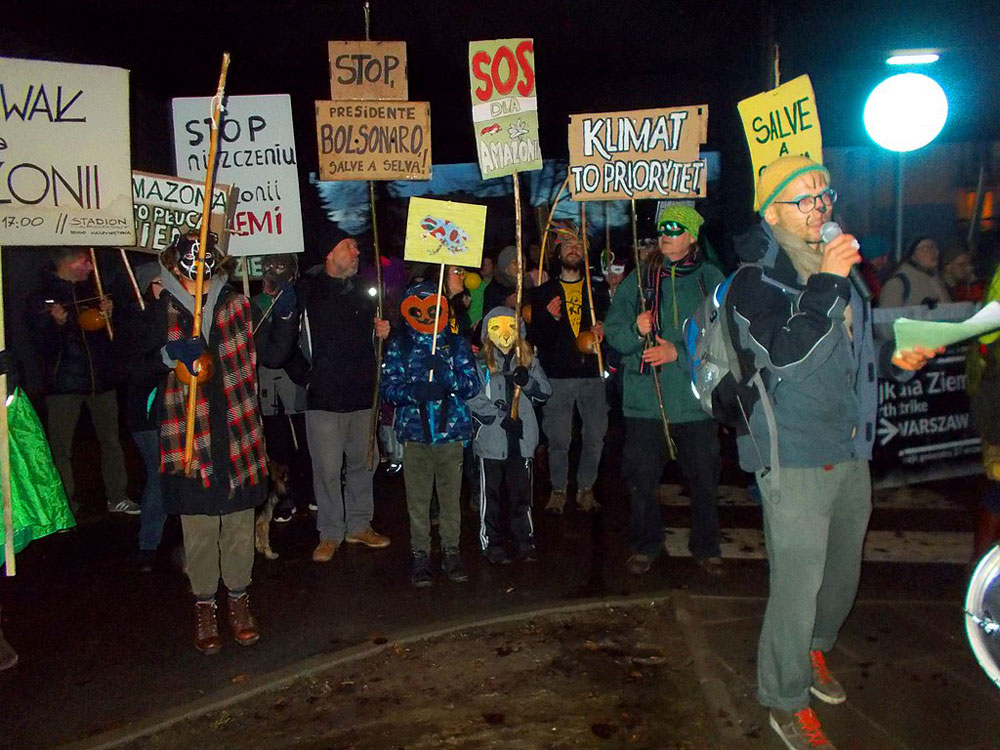
August 1, 2019; New York Times, “Opinion”
As temperatures reach record highs and industry shows few signs of slowing its ravenous appetite for resources, the New York Times’ editorial board reflects on the disturbingly high death toll of environmental defenders around the world.
According to Global Witness, a British-based nongovernmental organization (NGO), 164 people were killed worldwide for environmental activism. More than half of those deaths took place in four countries—the Philippines (30), Colombia (24), India (23), and Brazil (20). As most NGOs and grassroots movements know, the actual numbers almost always skew higher, as reporting is challenging in more vulnerable countries.
Global Witness notes that state- and corporate-sponsored violence and aggression toward environmental defenders now includes non-lethal tactics of intimidation, along with the use of fancy lawyers and private security agencies. The criminalization of resistance through the use and misuse of the law and courts, as well as applying labels like “terrorist” to target indigenous communities and activists, is increasing. As reported in the Times, in the Philippines, the UN special rapporteur on the rights of indigenous people, Victoria Tauli-Corpuz, was among 600 people her government deemed “terrorists.” Human Rights Watch called it a “virtual government hit list.”
Sign up for our free newsletters
Subscribe to NPQ's newsletters to have our top stories delivered directly to your inbox.
By signing up, you agree to our privacy policy and terms of use, and to receive messages from NPQ and our partners.
Meanwhile, Brazil’s President Jair Bolsonaro’s active promotion of opening the Amazon to commercial development, removing indigenous protections, and his dismissal of the rain forests’ role in slowing global warming has led to him to treat his own government’s data as lies. And in the US, hostility towards environmentalists has grown with the election of President Donald Trump, the rise of his “energy dominance” agenda, and most recently, reports of the administration blocking scientific reports on climate change.
Over this past year, our world has seen young environmentalists, like Greta Thunberg, a 16-year-old from Sweden, take the global stage, leading “Fridays for Future” student protests around the world and speaking at podiums across parliaments, state houses, and other institutional authorities demanding change. However, the crackdown on climate protesters in Europe is equally disturbing, with the French government calling for investigations into why police sprayed peaceful climate protesters with tear gas in Paris—ironically, the site of 2016’s climate agreement.
We, as nonprofits, as global citizens living in a democracy—particularly in countries where the majority of multinational corporate industries call “home”—must advocate for change to climate policy and protection of vulnerable populations. But our work must extend to supporting policies that protect and support our planet’s ecosystem, ensuring the water we drink, the quality of the air we breathe, and the land where we grow our food are secure for future generations.—Niduk D’Souza













